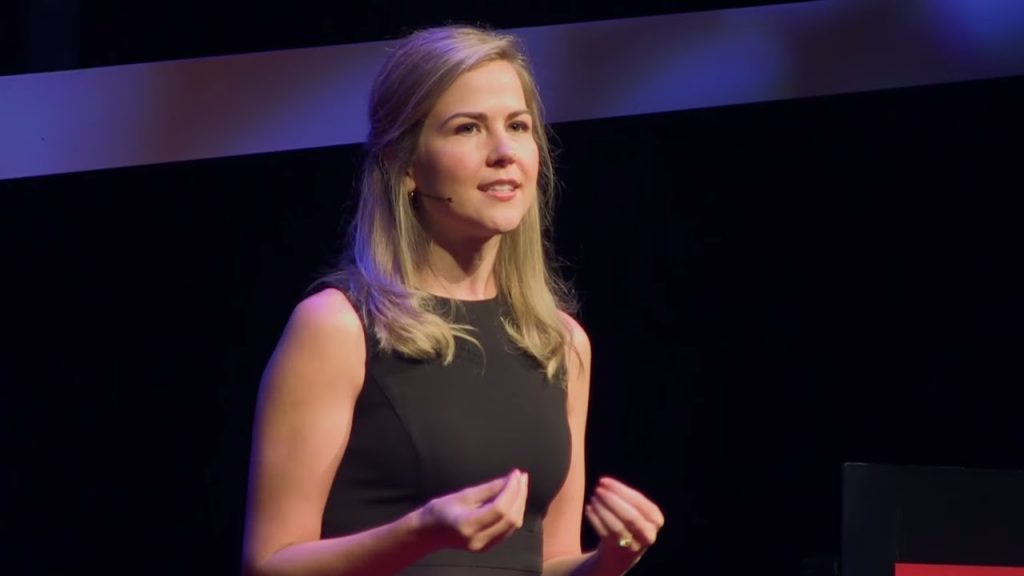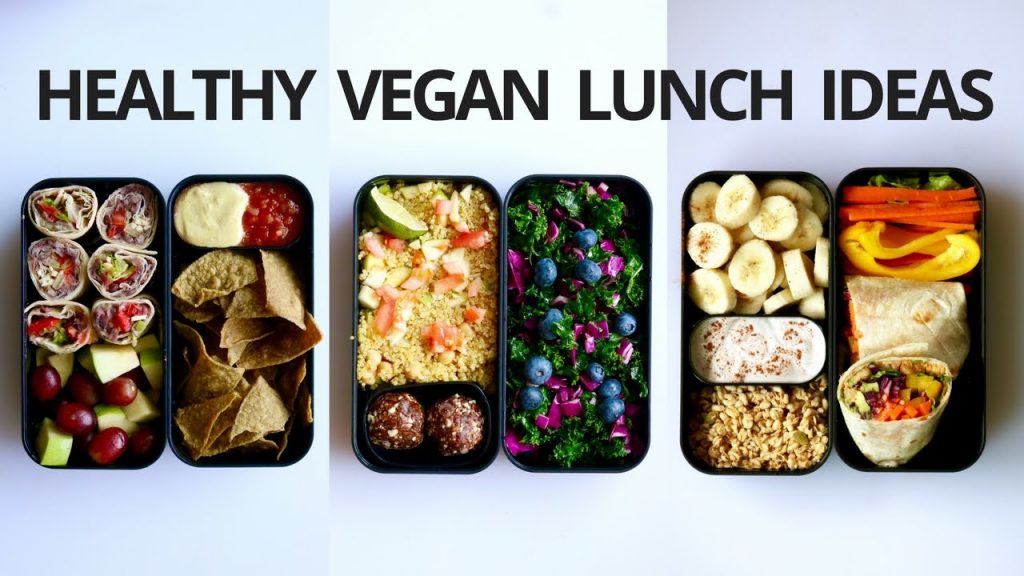What Happens to Your Body While Fasting

This is what will happen to your body when you are fasting.
If you are planning to start an intermittent fasting protocol make sure you watch this.
Are you wondering what will happen to your body when you fast? Cuz if you are you should know that fasting will provide benefits that extend far further than just burning fat and making your diet more sustainable and enjoyable. When your body goes without food for a certain period of time, you’ll experience changes that affect your brain, your digestive system, immune system, hormones, and even the function of all the microscopic cells found within your body.
When you first begin fasting a few things happen at the cellular level that may cause hunger and fatigue if you’re a beginner. This is because Your body will normally get its energy from glucose or carbohydrates, so depending on how much sugar you have in your blood, and how much glycogen or carbohydrates you have stored in your muscles and your liver, it can take anywhere from 8 to 48 hours without food for your body to switch from mostly using glucose or carbs for energy to breaking down fat and using ketone bodies for energy in a process known as gluconeogenesis.(1) Now, to most people, the concept of going anywhere from 16 hours up to a few days without food may sound incredibly foolish and unhealthy but the exact opposite is actually true and it hasn’t always been so mainstream to eat at least 3 times a day everyday. Human beings have evolved to be perfectly capable of going long periods without food. And this is supported by research on modern hunters and gatherers that shows that they go between intermittent periods of feeding and fasting depending on the availability of food.
For example modern Bushmen living in Africa go through frequent periods of food deprivation ranging from 1 to 10 days when they can’t catch any game, or when they have seasonal droughts, or especially when animals migrate. The truth is that most healthy adults have evolved to be perfectly capable of fasting and the good news is that you don’t have to fast for 10 days to experience the benefits for your body. Just 16 hours will provide some really unique beneficial effects.
And when going through your first 16 hours without food the first thing you should expect is to start feeling really hungry right around your regular meal times that you’re skipping. This is because of a hunger hormone in your body known as Ghrelin, which stimulates your appetite when it’s released. And studies show that ghrelin levels will spike up at the times of the day that you normally eat, which for most people is breakfast, lunch, and dinner. This will happen to your body automatically, and if you give in and eat before your fast is over the same thing will happen again the next day.
On the other hand if you just ride out that hungry feeling, within about 2 hours after the initial spike in ghrelin, it should drop back down to normal levels and your appetite should drop. (4) And as your body adapts more and more to skipping a meal like breakfast or multiple meals throughout the day you’ll feel less of those automatic cravings to eat during those key times of the day that you normally find yourself hungry. If you allow yourself to adapt to consistently fasting for just 16 hours a day, while eating a healthy diet during the other 8 hours you’re body will start to become much more sensitive to insulin. Having higher insulin sensitivity will not only help enhance fat loss, it’ll also help you feel much better when your body doesn’t have carbs available for energy, and it’ll help reverse or reduce the risk of a number of serious diseases like diabetes, high blood pressure, heart disease, and even thyroid conditions.
Now, during each of your 16 hour fasts, about 6 hours into the fast your body will begin going through another incredible process known as autophagy. This is a process where your body begins destroying old or damaged parts of your cells. When you’re always eating your body doesn’t get a chance to do this because it’s constantly rebuilding rather than breaking down. And breaking down unnecessary and dysfunctional components of your cells allows them to be recycled so they can perform optimally. This helps reduce inflammation throughout the body which helps fight a number of diseases.
The benefits of Autophagy will also extend to your skin cells potentially slowing down wrinkles, age spots, and acne. Your immune system will also improve thanks to autophagy. Your body will repair and produce brand new white blood cells which will be stronger at fighting diseases. But on top of that it may even help your body slow down the aging process and extend our lives. Now this is something that still requires more research, but there have been some very…
What are the hormonal changes that occur during fasting, and how do they impact the body’s energy usage?
Fasting has been practiced as a religious ritual for thousands of years, but recently it has gained popularity as a health trend. Intermittent fasting, the practice of restricting calorie intake for a certain period, has been shown to have various health benefits such as weight loss, improved brain function, and lower risk of chronic diseases. However, many people still wonder what happens to their body while fasting. In this article, we discuss the physiological effects of fasting on the body.
When a person fasts, their body undergoes several changes to cope with the lack of food. One of the first changes that occur in the body is the depletion of glycogen stores. Glycogen is a form of glucose stored in the liver and muscles, which is used for energy. During a fast, the body uses up its glycogen stores, and the liver starts producing glucose for energy from non-carbohydrate sources. This process is called gluconeogenesis.
After the glycogen stores are depleted, the body enters a state of ketosis. Ketosis is a metabolic process where the body uses stored fat for energy instead of glucose. During this process, the liver produces ketones, which are used as a fuel source for the brain and other organs.
Fasting also affects hormonal levels in the body. The hormone insulin, which regulates blood sugar levels, decreases during fasting. This allows the body to use stored fat for energy instead of glucose. The hormone glucagon increases during fasting, which stimulates the breakdown of glycogen and the release of glucose into the bloodstream.
Another hormone affected by fasting is growth hormone. During fasting, the body produces more growth hormone, which has various health benefits such as increased muscle mass and improved bone density.
Fasting also triggers the body’s cellular cleaning process called autophagy. Autophagy is a process where the body breaks down damaged or dysfunctional cells and recycles the parts for energy.
While fasting has various health benefits, it is not suitable for everyone. People with certain medical conditions and pregnant or breastfeeding women should not fast. It is essential to talk to a healthcare provider before starting a fasting regimen.
In conclusion, fasting triggers several physiological changes in the body, including the depletion of glycogen stores, ketosis, hormonal changes, increased growth hormone production, and cellular cleaning through autophagy. While fasting has various health benefits, it is important to consult a healthcare provider before starting a fasting regimen.
























